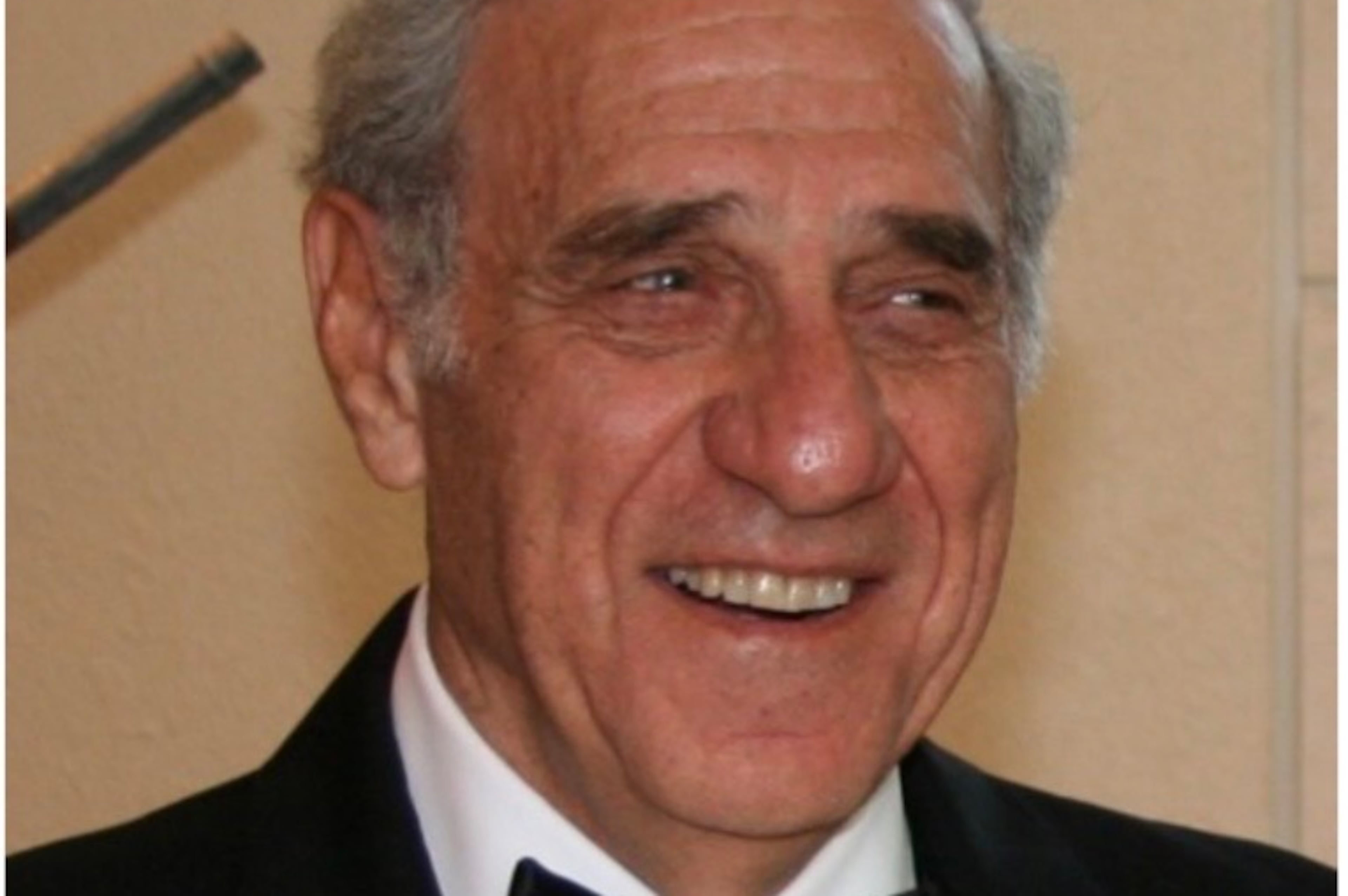SXSW Panel: Ken Burns and Henry Louis Gates talk race in America

The panelists: Henry Louis Gates, Harvard professor and filmmaker. Ken Burns, documentary filmmaker. With Dr. Todd Boyd, professor at USC School of Cinematic Arts, moderating.
The gist: Ken Burns and Henry Louis Gates, who have explored themes of race, history, and ethnicity in their documentaries, discussed how history is ever-present in today's political landscape. Burns, Gates and Boyd discussed topics ranging from the appeal of Trump to a disenfranchised white segment of the population, to who was Jackie Robinson as a full human being, to the good and bad of black American life since the death of Martin Luther King. They played short video clips of their upcoming films, Burn's film on Robinson and Gate's film on Black Americans after MLK, coming soon to PBS.
A diverse and enthusiastic crowd of a couple hundred people gathered inside the Austin Convention Center to listen to these documentary makers discuss race in a society still fragmented by its fault lines. They addressed head on what was perhaps on a lot of people’s minds when they started the conversation speaking about Donald Trump.
“Donald Trump is speaking to deep-seated fears in the American community,” said Gates. “If we could create bridges, we could transcend the obvious barriers between us. We’re being scapegoated against each other when the real enemy is not race, it’s class.”
Ken Burns spoke with his usual erudition about American history, highlighting different historical moments from Lincoln to Reagan and the zigzag of American race relations, but spoke mostly about his upcoming film about Robinson. Byrd spoke about how much of African American history is about “the gift and the curse,” meaning all the strides made by “phenomenal blacks” since MLK including the first black president, while at the same time racism persists as evidenced by continued attacks on black males and the recent Black Lives Matter movement.
While some blacks have made it into the upper middle-class and the middle-class thanks to affirmative action, said Gates, “it’s hard to tell where race ends and class begins.” He would like to see more class equity within the black race. And many whites also feel disenfranchised. “These are people whom the system has failed,” he said.
The audience gave them a standing ovation at the end.

